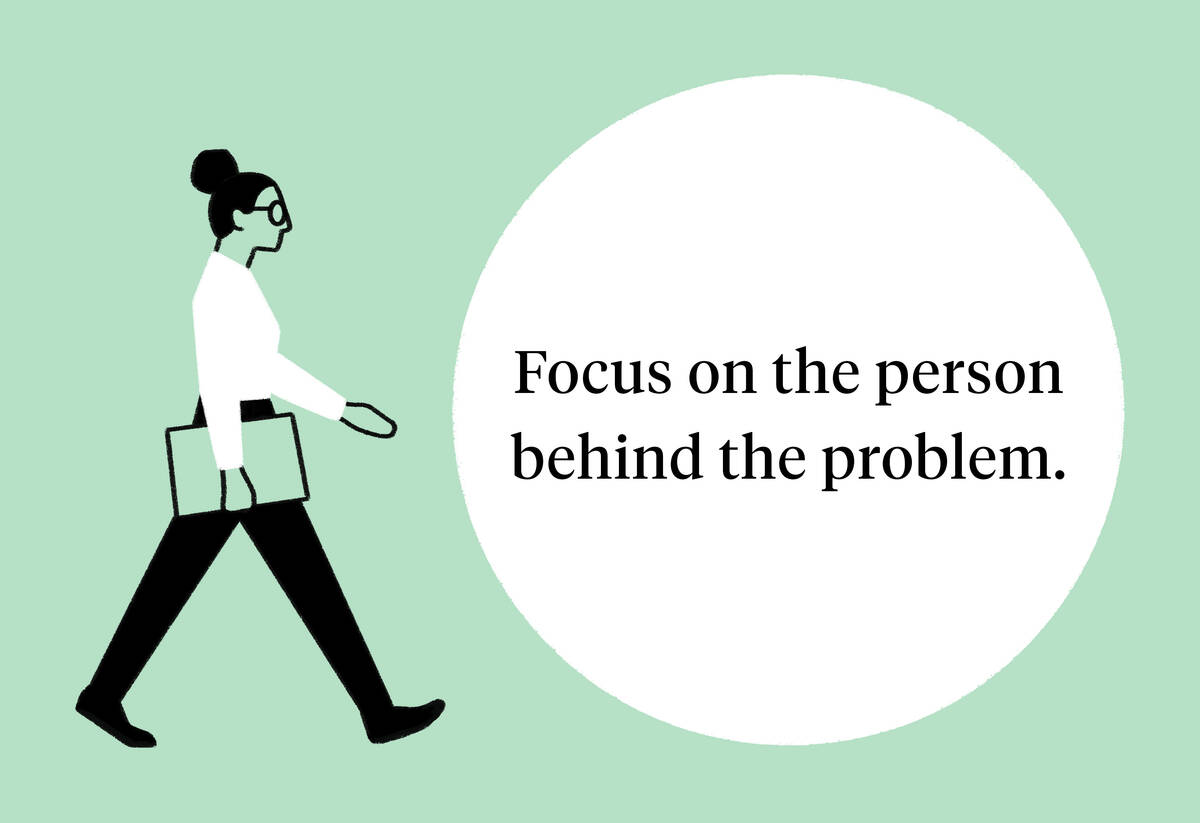Leadership Apr 30, 2020
Podcast: You Can Lead through a Crisis. But Can You Coach through One?
On this episode of The Insightful Leader: three ways to help your employees arrive at their own answers to difficult questions.

As your employees navigate the COVID-19 crisis, they’re grappling with lots of complicated questions. “What’s my biggest priority right now?” “How can I do the right thing amid so much uncertainty?”
Learn more from Brenda Ellington-Booth in Kellogg Executive Education’s Energizing People for Performance program.
For a leader, it can be tempting to try and answer those questions for them. But an executive coach would recommend taking a different approach. “No one is going to grow and develop if you tell them what to do all the time,” says Brenda Ellington Booth, a clinical professor of leadership at Kellogg, and certified executive coach.
By coaching employees through their problems, you can not only glean new insights that make you a more effective manager—you’ll also maintain healthy relationships that can withstand any crisis. Ellington Booth offers three simple ways to incorporate coaching techniques into your next one-on-one.
Note: The Insightful Leader is produced for the ear, and not meant to be read as a transcript. We encourage you to listen to the audio version above. However, a transcript of this episode is available here.


